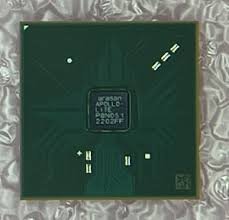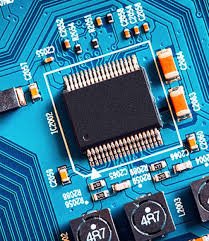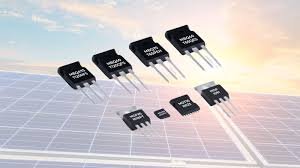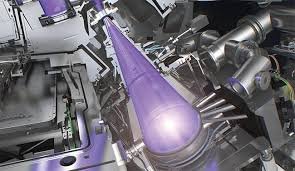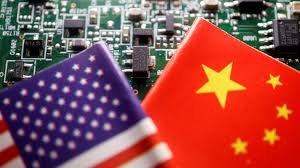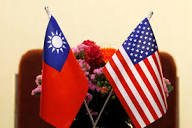Nexperia China Unit Maintains Normal Operations Despite Dutch Government Seizure of Parent Company
The semiconductor manufacturer reassures clients and partners that production and deliveries remain uninterrupted, underscoring the sector’s growing exposure to geopolitical intervention and supply-chain risk.
Nexperia’s China division announced that its operations remain fully functional and stable following the Dutch government’s recent seizure of its parent company in the Netherlands. The move, taken under national-security provisions, has drawn global attention to how deeply political oversight now extends into the semiconductor value chain.
According to company officials, Nexperia’s facilities in mainland China continue to manufacture and ship standard logic and power management chips to customers across Asia and other global markets. The firm emphasised that its workforce, contracts, and supplier relationships remain unaffected by the ownership change, and that it remains committed to supporting existing customers without disruption.
Industry observers say the case highlights an uncomfortable reality for technology manufacturers: even companies producing mid-range, high-volume components — not the most advanced semiconductors — are increasingly caught in geopolitical crossfire. The incident adds urgency to discussions across Asia’s industrial and policy circles about localisation, supply-chain diversification, and the need for contingency planning amid tightening export-control regimes.
As governments intervene more aggressively in cross-border technology ownership and data-flow regulation, Nexperia’s situation stands as a cautionary example of how even “business-as-usual” operations can face sudden strategic uncertainty. For Asian electronics firms and regional planners alike, the message is clear — resilience must be engineered not just in products, but in the geopolitical architecture that sustains them.





